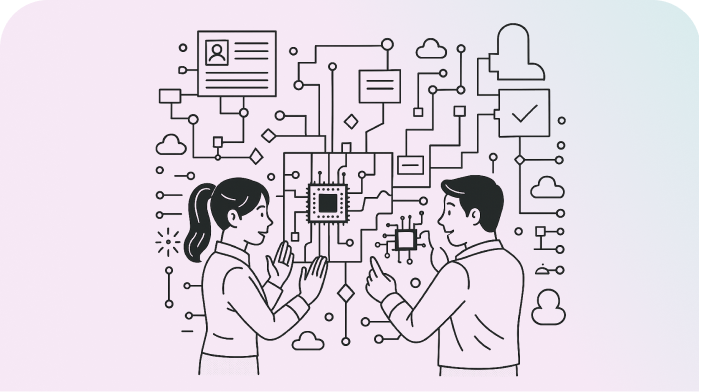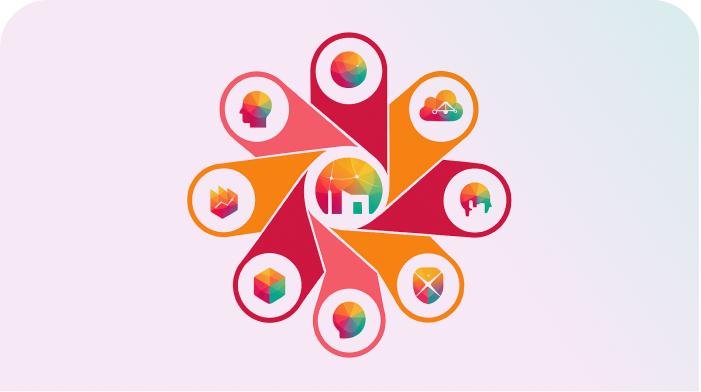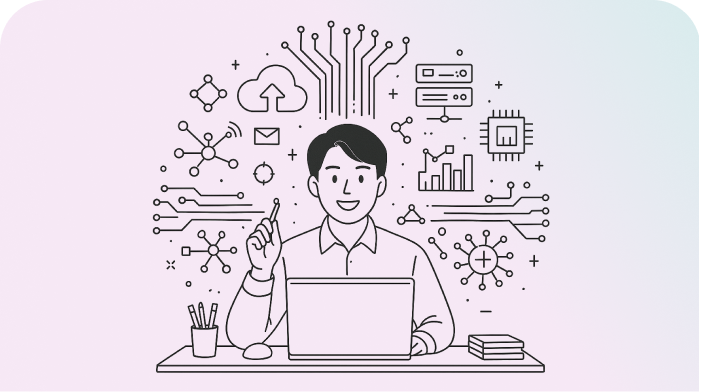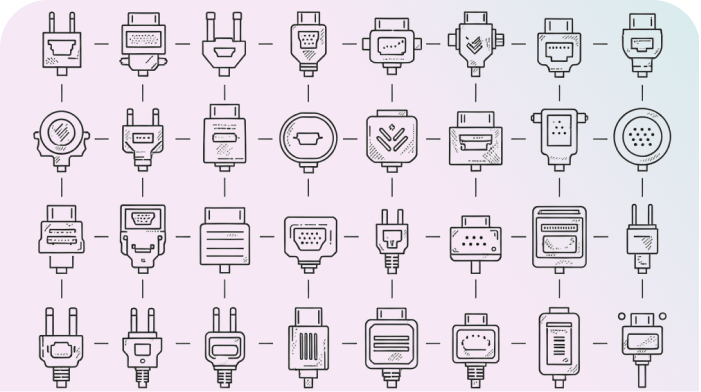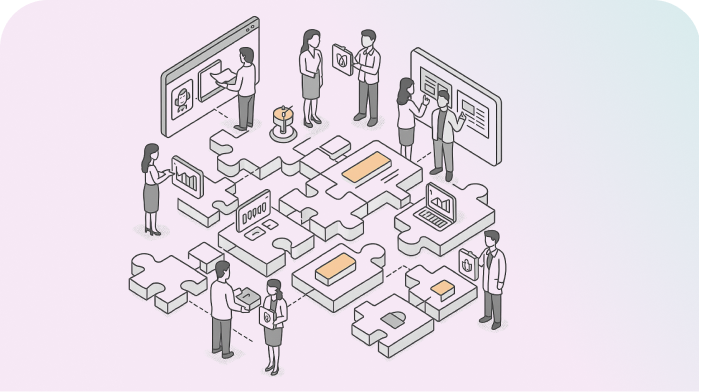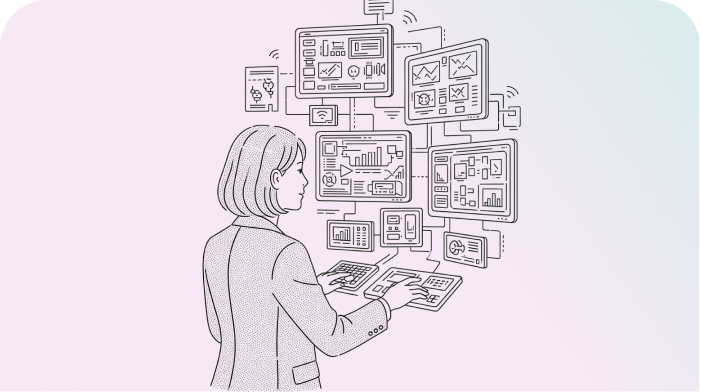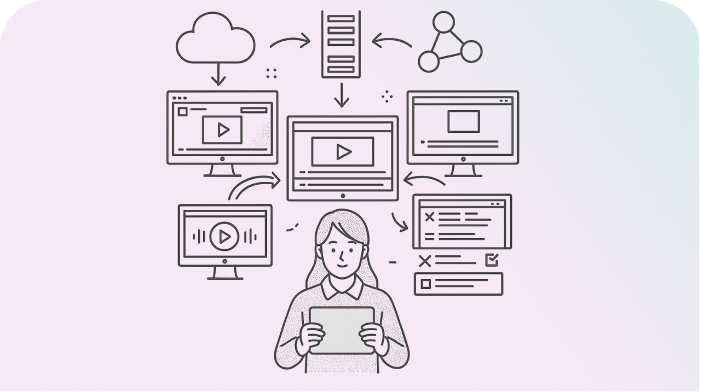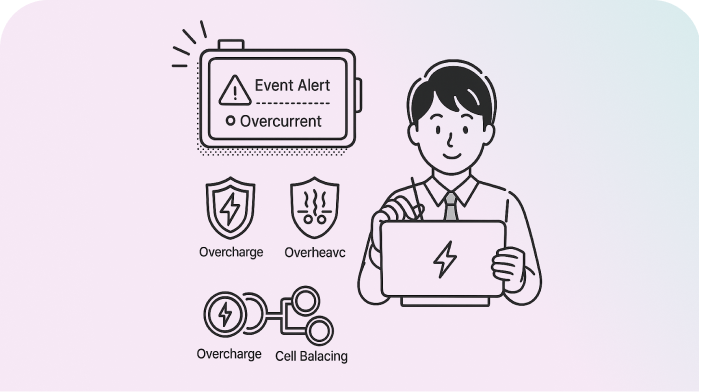With the recent increased adoption of digital transformation (DX) technologies such as artificial intelligence (AI) and big data, alongside smart technologies across various sectors, significant changes are also taking place in spatial environments. The expansion of platform-based smart services is enabling data-driven life innovation. This is integrating diverse spaces—including entire cities, mixed-use complexes, industrial zones, residential areas, and special-purpose spaces—and accelerating the transformation into smart spaces.
As a result, residential, office, and urban spaces are evolving into smart homes, smart buildings, and smart cities. At the same time, there is a growing demand for operating systems that can efficiently manage smart spaces, along with service spaces designed to enhance the quality of life for urban residents. In response, the integration of real-time data-driven urban control services and various smart services is emerging as a core factor in advancing smart spaces.
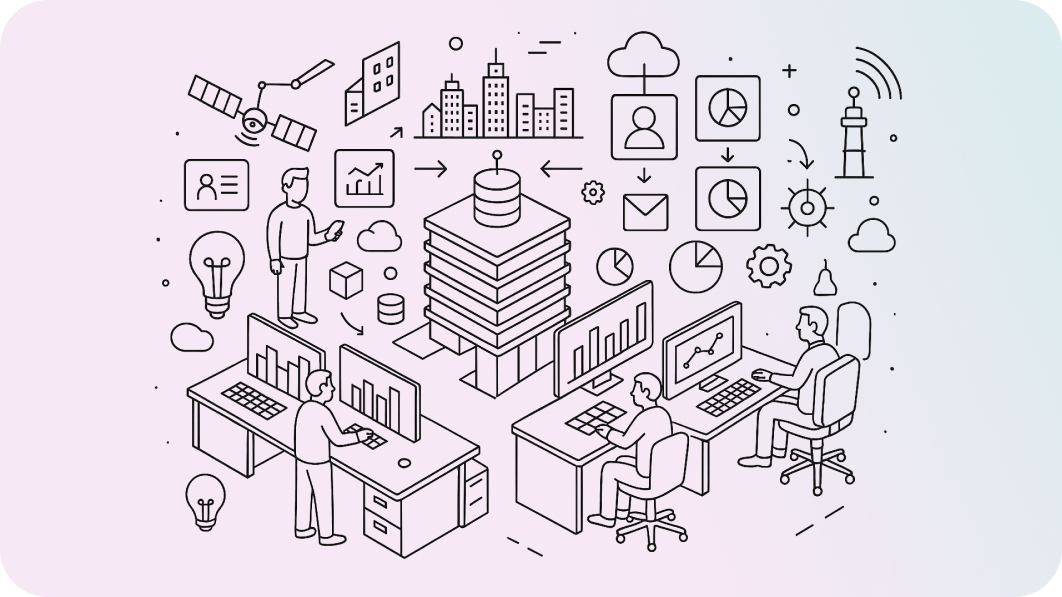
AI and Big Data-Based Data Collection and Processing
We establish infrastructure and platforms that enable the integration, storage, and analysis of diverse data. By leveraging AI-driven big data analytics and visualization, we create a structured data system and ecosystem that enhances urban control.
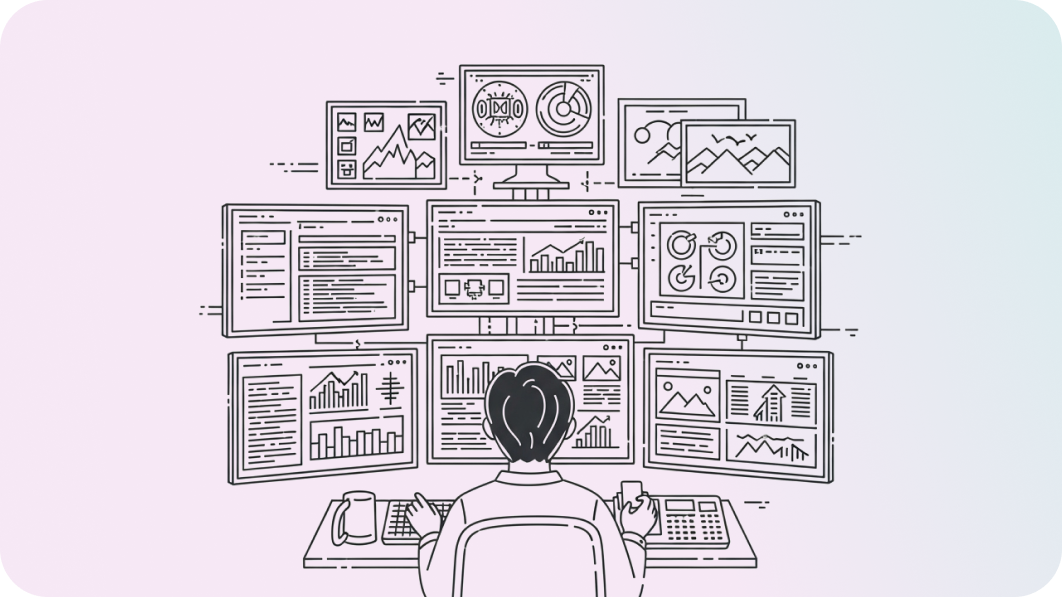
Integrated Urban Control
To accommodate control requirements related to various situational information management, we have secured a management tool that classifies control targets by purpose and customizes displays, supporting effective situation control through visualizations like widgets and image views.
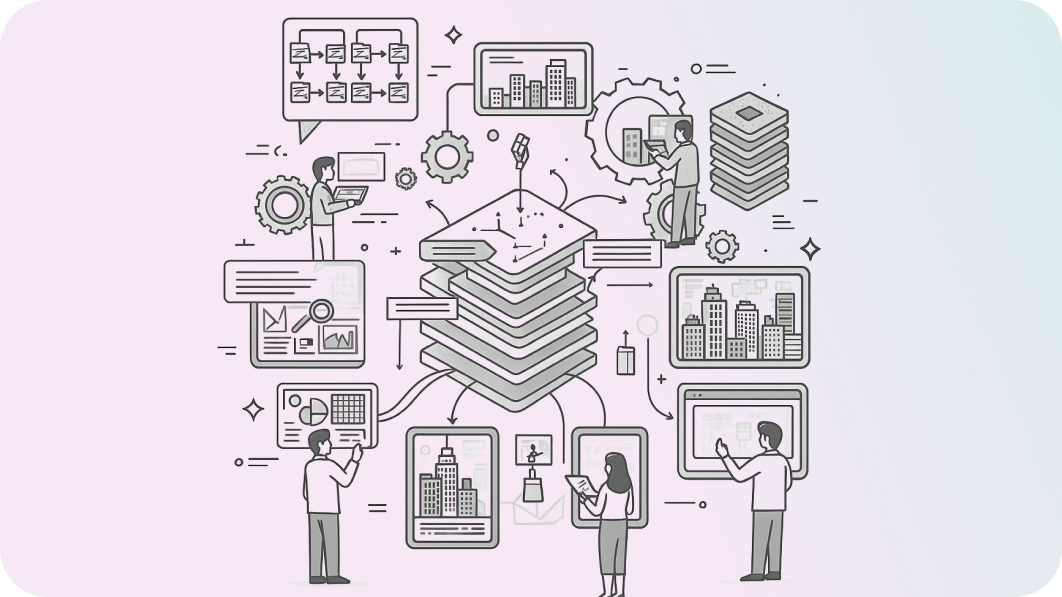
Digital Twin-Based Response System
We enable proactive urban operations by implementing a predictive response system through end-to-end support that allows machine learning and real-time data inference, and the provision of digital twin-based simulations.
LG CNS’s Cityhub is a data-driven smart city platform that collects, analyzes, and shares urban data.
By storing, managing, and analyzing data collected through integration with facilities, systems, and external organizations, Cityhub supports various services aimed at enhancing citizens’ quality of life. With its six core functions, Cityhub enables users to analyze simultaneously collected data from multiple devices more efficiently and display city information in a more streamlined manner.
-
Urban control requires monitoring and processing various service events. To do so, a big data-based collection system that gathers a huge volume of internal and external data is necessary. To create a data collection system that connects with external systems, you need measures for data linkage methods such as Open API, DB-2-DB, Enterprise Service Bus (ESB), and File Transfer Protocol Secure (FTPS).
-
As a oneM2M (one-Machine to Machine) common service function, Cityhub provides security mechanisms such as device identification and authentication, access rights, and communication security. It also implements privacy protection functions to manage data securely. It is necessary to inspect the information collected, stored, used, and destroyed on the smart city data platform. Also, IoT devices above a certain level in the city require a separate IoT device security solution, including firmware protection, device authentication, and security updates.
To this end, security consulting is required to define security features at the function level through individual service security reviews, provide vulnerability assessments and security guides from the design stage, and set goals to comprehensively manage vulnerabilities, not only for IoT devices but also for infrastructure and smart services.
-
When collecting data containing personal information from external platforms, systems, and related organizations, relevant personal data processing regulations must be strictly followed. Cityhub can only collect external data for which personal information processing has been completed. For example, to link Cityhub with an external system, that system must first obtain consent from individuals to share their data with third parties. Only then can discussions about linking proceed.
Cities That Open the Future
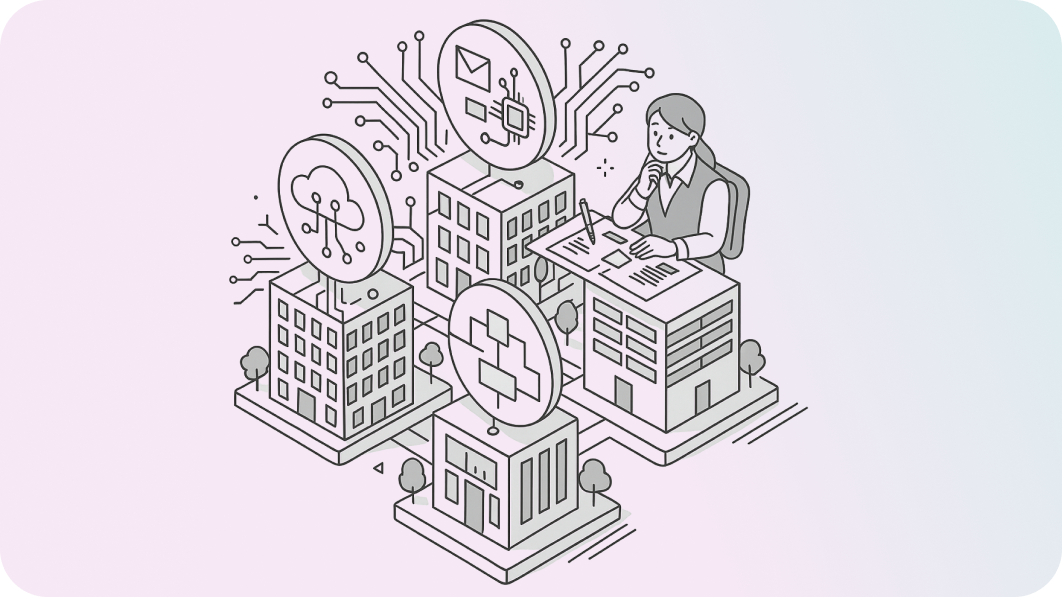
Comprehensive Services from Urban Planning to Operations
From the perspective of citizens and operators, who are the users of cities and spaces, LG CNS plans sector-specific services and revenue models, tailoring key services to customer-specific needs to provide comprehensive services from planning to operation.
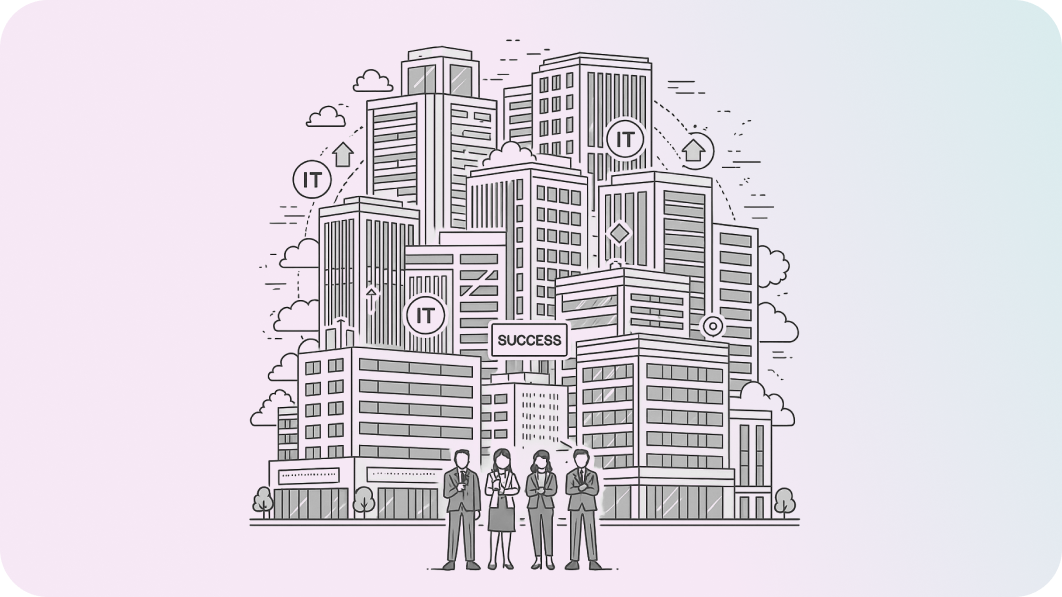
Customized Support Across the Entire Building Project Lifecycle
LG CNS has proven capabilities and experts across various project types. We leverage this to provide customized support across all phases of a project, including consulting (design), implementation, and operations and maintenance, in diverse areas such as mixed-use developments, industrial parks, residential areas, and special-purpose spaces. We are fully committed to supporting our clients' successful business endeavors.
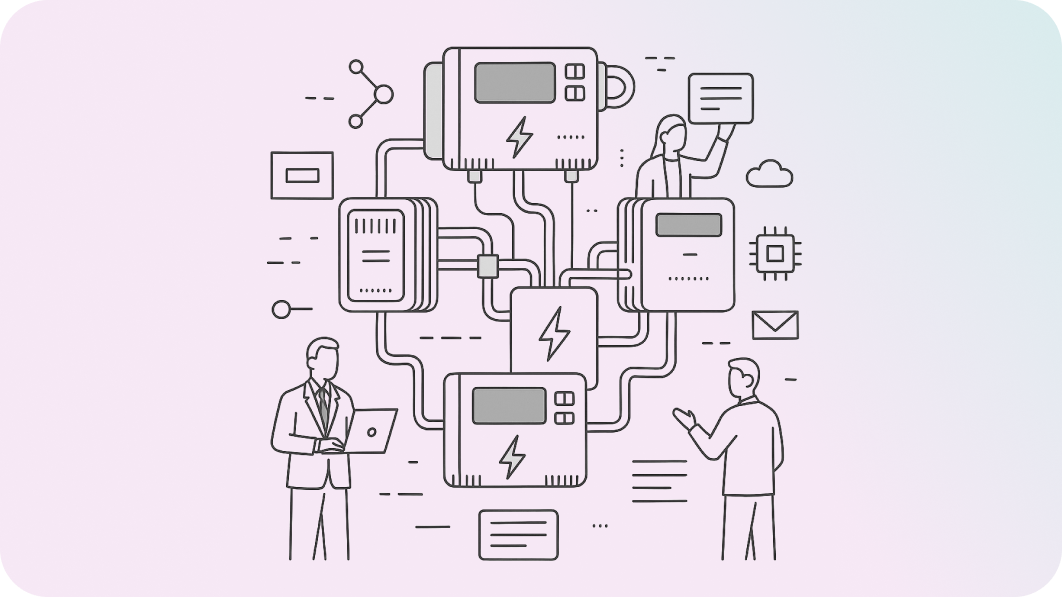
Korea’s No.1 Smart UPB Supplier and Installer
In collaboration with LG Energy Solution, a global leader in energy battery supply, LG CNS holds the largest and most comprehensive UPB (Urban Power Bank) business capabilities in Korea. With unrivaled expertise in data center infrastructure and UPB technology, we possess future-proof, platform-based solutions that ensure secure scalability, even amid evolving regulations and market conditions. We aim to be the most reliable partner for clients seeking robust and adaptable UPB solutions.
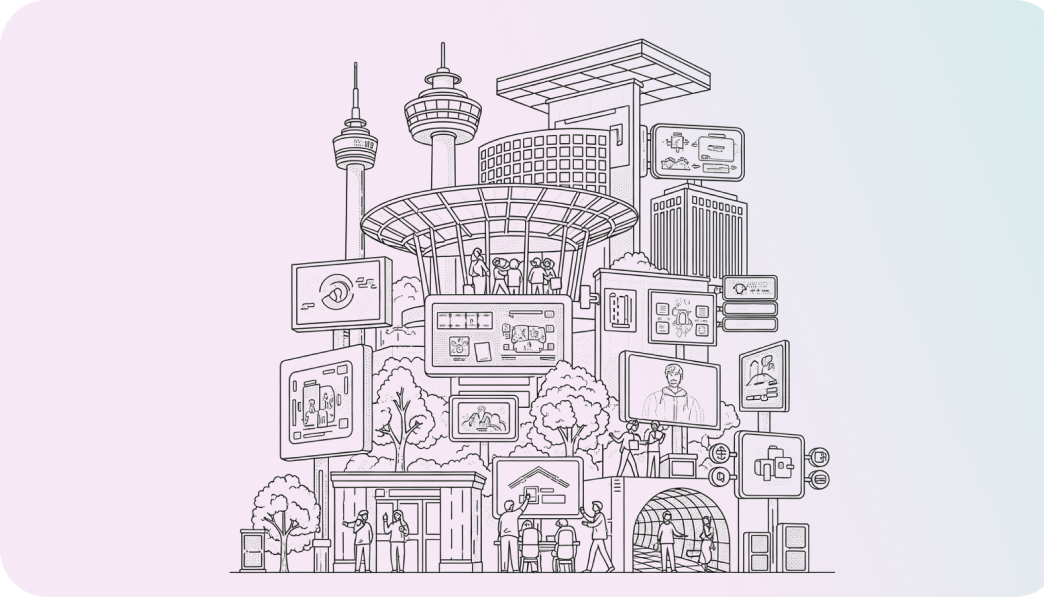
Landmark Smart Signage Deployment
LG CNS has extensive experience in smart signage solutions, having completed global landmark projects in various formats, including towers, trees, facades, canopies, rooftops, ceilings, tunnels, and wall-mounted displays. We deploy signage optimized for each space.
CHB for buildings is a solution that integrates services across various heterogeneous systems to realize smart spaces. It includes both standard and non-standard device adapters, reducing system integration time and costs while ensuring smooth scalability. Additionally, it supports the intuitive implementation of efficient standard operating procedures (SOP) from a system integration perspective, simply through event-driven configuration, thereby improving operational efficiency from the user's perspective.
LG Signage Manager supports integrated multimedia management and remote monitoring, addressing the growing importance of media. It also supports simple configuration and efficient media operation through easy and convenient smart content management.
The Battery Management System (BMS) provides operators with safety, reliability, and convenience through management at the unit level (battery packs, battery racks (in parallel), and systems (UPS sets)).
-
Simply applying new technologies to cities or buildings has its limitations. It is essential to consider both the "innovation of the space itself" and the "smartification of spaces." This includes establishing an integrated platform for citizen service accessibility and intuitive urban operations, thereby ensuring visibility. Furthermore, consideration should be given to planning life-enhancing services, designing smart spaces aligned with smart city development, and the IT/DX-based smartification of those spaces.
-
LG CNS supports the full lifecycle of smart space projects—including design, implementation, and operation—for both public and private-sector clients. We also offer customized services for specific service areas. We can provide operation-only services even if we were not involved in implementation, or implementation-only services where the client handles the operation independently. Our services are flexibly tailored to meet each client’s specific needs.
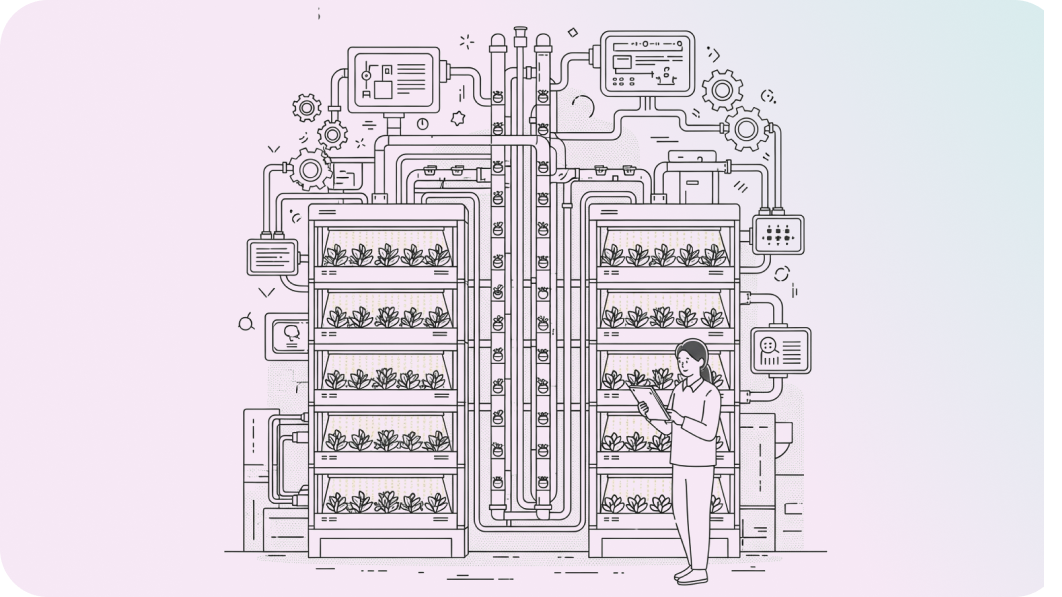
Vertical Farm
LG CNS’s vertical farm is an advanced agricultural system that cultivates crops vertically within unused urban spaces or inside buildings. The system maximizes spatial efficiency and optimizes crop growth conditions using LED lighting and vertical circulating hydroponics. The vertical farm platform continuously improves growth recipes and operating environments through automated equipment control and the application of machine learning and deep learning models, aiming to deliver a total solution with end-to-end management capabilities. It also offers a "One-Package" service that integrates hardware and software through in-house developed automated facilities.
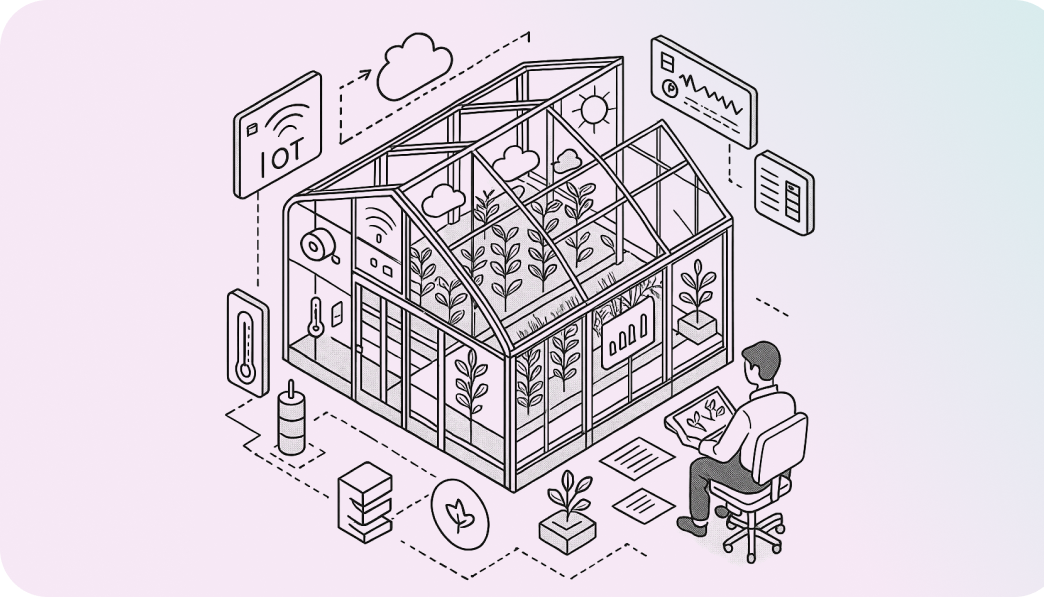
Protected Horticulture
LG CNS’s protected horticulture smart farm combines advanced ICT and AI technologies to optimize crop cultivation conditions inside greenhouses. The system monitors and controls essential environmental factors such as temperature, humidity, and light in real time through IoT sensors and big data analysis. It collects data from each sensor installed in the greenhouse management system and provides integrated control of the environment, along with functionality to collect and manage growth information using visual equipment.
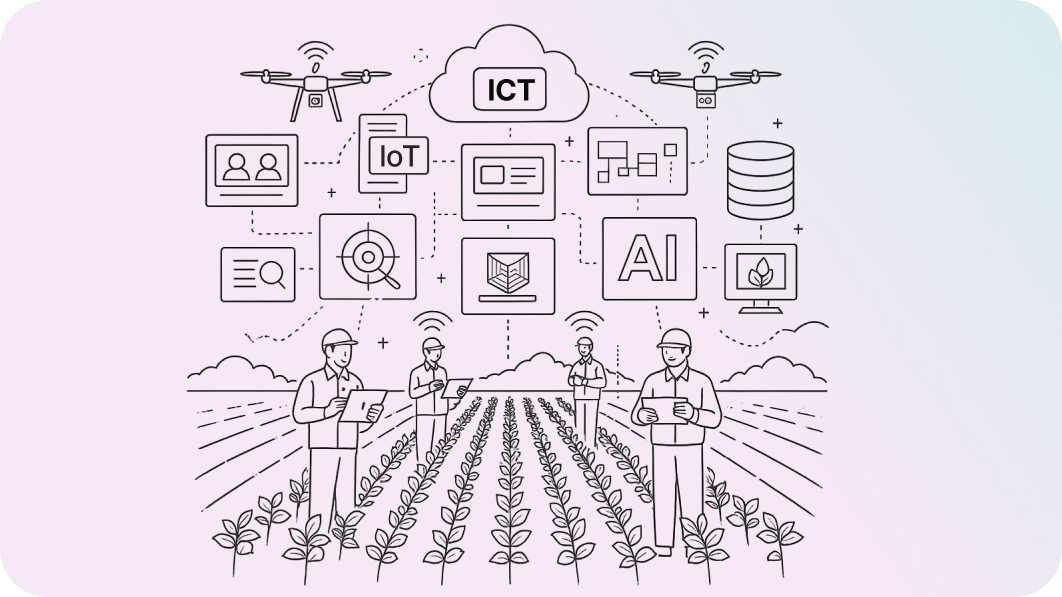
Open-Field Farm
LG CNS’s open-field farm is a smart agriculture system that integrates advanced ICT and AI technologies into traditional rice paddies and fields to enhance productivity and efficiency. By using IoT sensors and drones, it monitors and analyzes soil conditions and weather information in real time to provide an optimal cultivation environment. The open-field farm platform oversees the entire process from data collection and preprocessing to storage, analysis, and AI-based prediction services, supporting intelligent services for all farming operations.
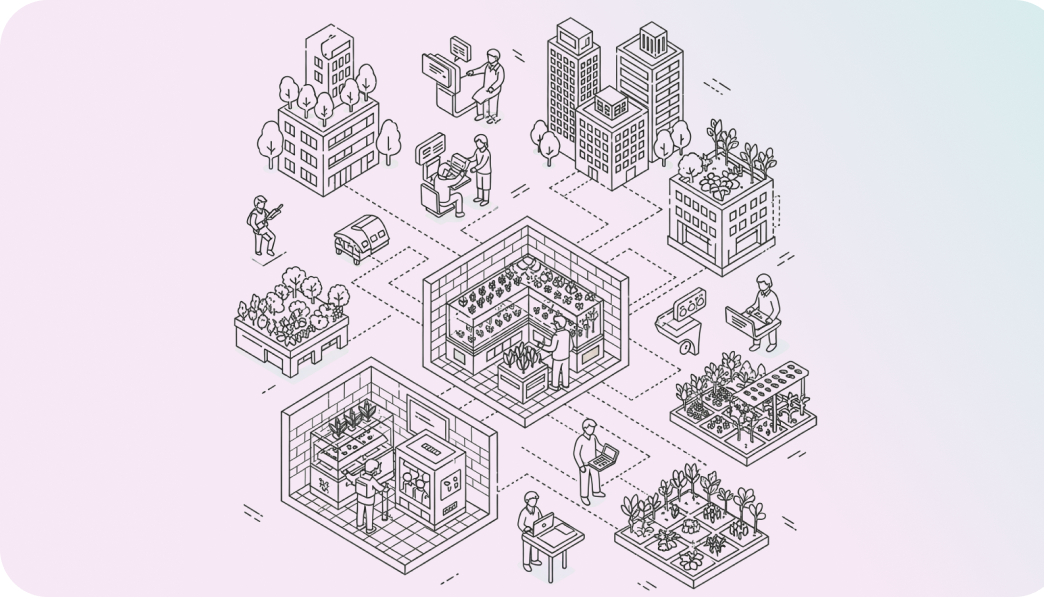
City Farm
City Farm is an agricultural solution that offers digital farming services and personalized information for urban residents while enhancing engagement through community integration. It can be applied to metro farms installed in subway stations, urban gardens operated within cities, and community farms located in apartment complexes. The infrastructure is designed to suit B2C and client environments, enabling rapid response to B2C trends and demands, while also supporting easy and fast deployment and scalability.
-
LG CNS’s smart farm solution operates through the integration of core Fourth Industrial Revolution technologies, including cloud, IoT, data integration, big data, and AI-based unified platforms. The solution collects, preprocesses, stores, and analyzes a wide range of real-time data—from environmental conditions to crop growth status—to create the optimal agricultural environment. This combination of technologies maximizes operational efficiency by enabling end-to-end monitoring and control of all farming activities, automating the entire cultivation cycle, minimizing labor requirements through unmanned operations, and reducing operating costs. It ultimately delivers an automated and integrated smart farm management environment.
-
LG CNS has developed an intelligent smart farm platform applicable to traditional open-field farming and demonstrated its feasibility by deploying the platform in a 54-hectare pilot complex in Naju, South Jeolla Province. In Naju, LG CNS provided optimal agricultural guidance by analyzing a wide range of real-time data—from soil conditions to weather information—through its AI and big data-based intelligent platform. As approximately 95% of farmland in Korea consists of open fields, LG CNS’s open-field smart farm solution enables real-time monitoring of crop growth and environmental data even without vinyl greenhouses or glasshouses. This allows farmers to significantly improve productivity and efficiency in open-field agriculture.
-
LG CNS provides continuous maintenance and technical support even after the adoption of its smart farm solution. With a cloud-based platform, the system can be monitored remotely anytime, anywhere, allowing for swift response in the event of issues. In addition, maintenance and technical support are also provided for accompanying hardware such as IoT sensors, nutrient solution machines, and HVAC systems, reducing the operational burden on users.


